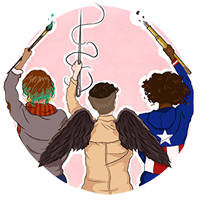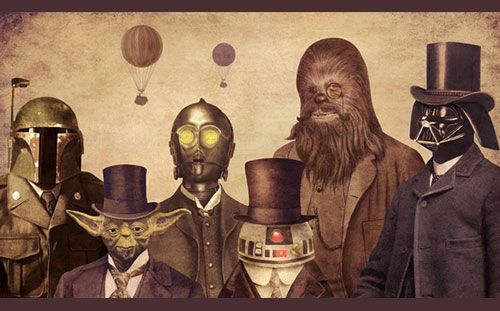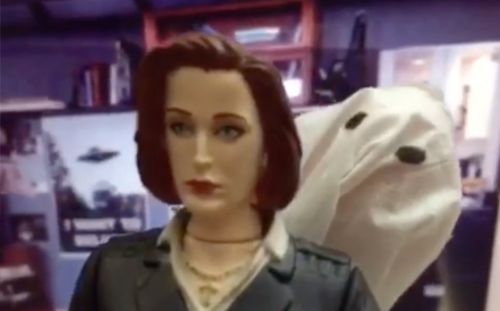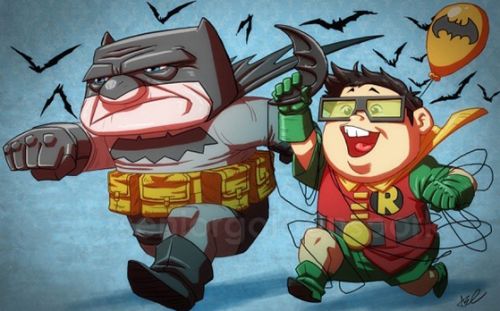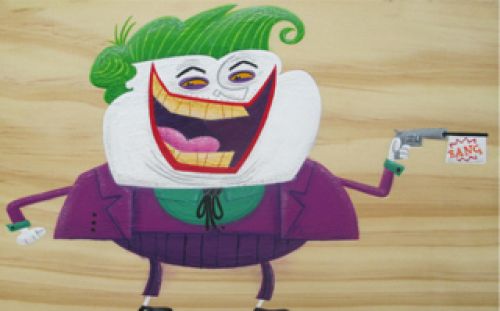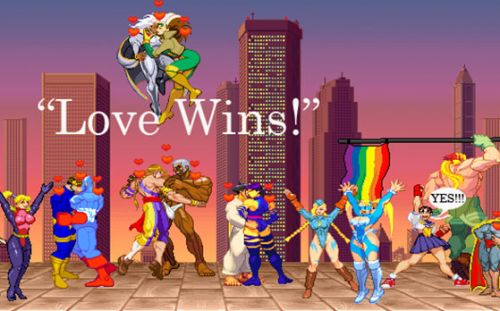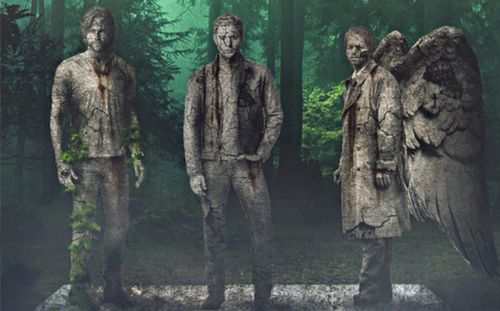When movies portray fan culture: the good, the bad, and the ugly
It’s strange to see someone just like you on a movie screen. Someone who loves movies, books, characters, stories, and fantasy worlds just as much as you do. But then what happens to that character — or how that character is treated — can say a lot.
The Good
When being a fan is helpful:

Image Source: Movie Tank
Supernatural is known for its fanbase of dedicated, imaginative individuals, and the show does them justice in “Fan Fiction” (2014), an episode in which Dean and Sam encounter a stage production of themselves. The characters interact playfully with their fan counterparts and solve a mystery, too. The result? Awesome.

Image Source: IMFDB
Sometimes being a fan can save your life. In the self-aware horror movie Scream, Sydney has seen way too many horror movies to get caught up in this nonsense. She knows the tropes, the pitfalls, and how to stay alive just because she watches a lot of movies. Good to know there’s a practical benefit to movie bingeing.

Image Source: YouTube
For a movie about a cross-dressing man starring in a soap opera, Tootsie does a great job of representing female fan culture. It’s touching to see a movie acknowledge the power of a great fanbase not only to support a show, but to make the actors themselves think about how they treat others. Dustin Hoffman’s character becomes more selfless and appreciative because of his fans’ support.
The Bad
When fandom condemns us:

Image Source: Jean Cocteau Cinema
The Purple Rose of Cairo depicts a vivid story about a woman in love with the movies when the movie characters suddenly cross into the real world. Sounds awesome, right? Wrong. The fictional characters can’t deal with how imperfect real life is, and the fan isn’t happy in the fictional world either. By the time they part ways, there have been false promises, broken hearts, and no happy endings.

Image Source: JoBlo
Let’s take a franchise with one of the largest and oldest fan bases in the world, Batman. In The Dark Knight, Batman himself addresses his fans in a scene where half a dozen imitation Batmen try to fight crime with him. He ridicules them, tells them they’re unprofessional liabilities and need to stay home. Granted, he’s not entirely wrong. But it is a little unnerving to see diehard fans onscreen scolded by their idol.
The Ugly
When we’re the villain:

Image Source: IGN
One of the most intriguing cases the forensics team from Bones has to solve is a case in which the villain is Dr. Temperance, “Bones” Brennan’s biggest fan. This serial killer uses his extensive knowledge of Brennan’s crime novels to commit crimes himself in the ultimate act of adoration. Yikes.

Image Source: Views From the Sofa
The ultimate tale of fandom gone way too far. Stephen King’s book-turned-movie Misery is an artist’s worst nightmare. The avid lover of a book series kidnaps the author and forces him, through torture, to finish his book the way she wants. On one hand it’s a titillating torture story that’s fun to laugh at. On the other, why portray passionate fangirling as torturing and making selfish demands of the creator?
Bonus… The Inspirational
When we’re the heroes:

Image Source: Killer Movies
When Galaxy Quest begins, a group of actors formerly a part of the fictional, Star Trek-like show ‘Galaxy Quest’ arrive begrudgingly to a fan convention. They are rude to their fans and consider anyone still obsessed with the show to be losers.
But when the cast is swept up into a real life version of Galaxy Quest and are tasked with saving the world, fans become their greatest allies. Science fiction geeks’ knowledge of the Galaxy Quest world gains them the respect of their heroes and, most importantly, makes them heroes of their own.
Now that’s a loving portrait of fandom if I’ve ever seen one!
- Why fan theories should be celebrated, even the da...
- Everyday Cosplay: Here’s how you can dress like Cl...
